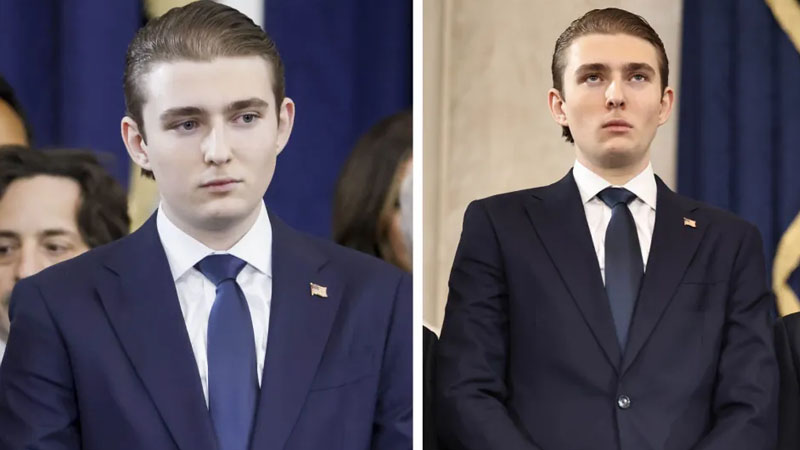Significant Setback For Trump as Plans By GOP Presidential Candidates To Oppose Him Are Made Public

(AP Photo/Alex Brandon, File)
Significant political shifts are occurring within the Republican party, as key figures like Nikki Haley, Ron DeSantis, and Chris Christie strategically position themselves to redefine the party’s direction, potentially moving away from the influence of former President Donald Trump.
ABC News reported on November 23, 2023, that Iowa, a historically crucial state in presidential politics, is witnessing these internal dynamics unfold.
Nikki Haley, the former U.S. ambassador to the United Nations, is emerging as a strong voice advocating for a new course for the Republican party. She is publicly critiquing Trump’s leadership approach and is pushing for a more inclusive strategy, aiming to attract a wider voter base. In Iowa, her campaign is focusing on policy rather than personality, signaling a shift in political discourse.
Florida Governor Ron DeSantis, previously a close Trump ally, is now trying to strike a balance. While he maintains his loyalty to Trump, DeSantis is also working to establish himself as an independent leader within the party. His campaign spotlights his successes in Florida, particularly in economic growth and handling the pandemic. However, DeSantis faces the challenge of proving his ability to lead independently of Trump’s shadow.
Former New Jersey Governor Chris Christie is also making waves in Iowa. Known for his direct approach and pragmatic leadership, Christie is positioning himself as a unifier within the party. He advocates a return to core conservative principles while recognizing the need for flexibility in changing political climates. Christie’s moderate stance could attract Republicans seeking a unifying candidate.
This situation in Iowa reflects a larger debate within the Republican party about its identity and future. Although Trump remains influential, especially among core supporters, there’s a growing belief among some party members that change is necessary for the party’s longevity.
The Iowa caucus will be a crucial test for these candidates, gauging their ability to influence voters and redefine the party’s narrative. Their campaign strategies include traditional elements like town halls and digital campaigns, targeting diverse demographics across Iowa.
The results of the Iowa caucus will likely influence the Republican primary process and set the stage for the party’s direction in the post-Trump era. As the candidates intensify their campaigns in Iowa, the Republican party is at a pivotal point, grappling with the choice between forging a new path or preserving Trump’s legacy. The nation’s attention is on Iowa, awaiting outcomes that will significantly impact the Republican narrative moving forward.


